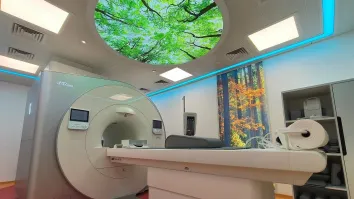
Vietnam healthcare firms struggle locally
The biggest challenge for Vietnam’s leading healthcare companies in the coming years is to figure out how to build a manufacturing base in the country, despite a wobbly operating environment.
A Health Intel Asia report published recently discussed a wide range of opportunities and challenges for pharmaceutical companies and medical device makers in Vietnam. In this report, Damjan DeNoble, founder and managing director of Health Intel Asia, reveals that manufacturing is in many ways the final frontier by which these firms can create growth.
Not all dominant players have manufacturing operations in Vietnam, but several have set up facilities to take advantage of benefits granted to companies that are manufacturing in the country. Many of the rest are planning to set up their own domestic manufacturing operations in the next few years due to the clear advantages; especially in improving efficiency.
“A domestic manufacturing base would allow them to lower costs by both cutting out the need to import products, and by triggering a special provision of Vietnamese law that would give the company distribution rights granted to all local manufacturers,” maintains DeNoble.
A domestic manufacturing base in Vietnam will be critical as pharmaceutical companies look to make strong inroads into provinces and device makers attempt to elbow their products into supermarkets. These are expected to offset the difficulty of getting in-market price increases, following the country’s economic challenges such as currency devaluations and cost base inflation.
Government and operating challenges
A manufacturing strategy seems, on paper, to be the most promising path for the main healthcare players in Vietnam. But DeNoble says that executives have expressed concern about the level of interest of Vietnamese authorities in developing a clear development path for the manufacturing sector of the country.
Healthcare firms are hoping that the Vietnamese government will create a less risky operating environment for their manufacturing operations, by solving outstanding issues such as raw material shortages and reformatting regulations by offering incentives to foreign companies that invest in manufacturing and risk technological transfer in the country.



















 Advertise
Advertise







